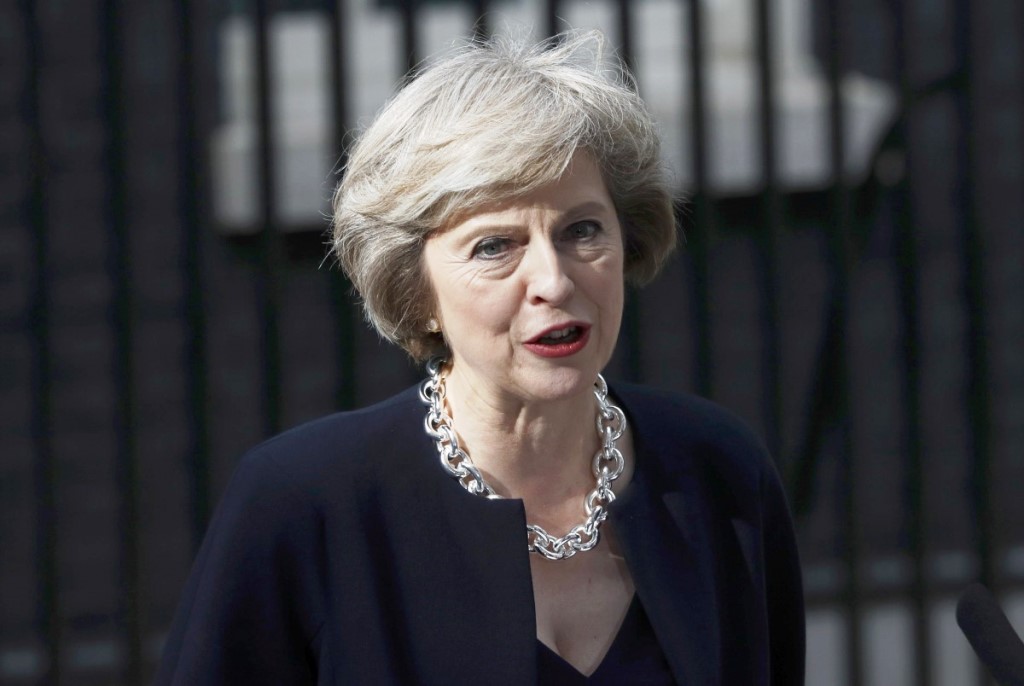London – Members of British parliament started debating the European Union (Notification of Withdrawal) Bill in parliament on Tuesday. The legislation would give Prime Minister Theresa May the power to invoke article 50 and start two years of negotiations to leave the EU.
The House of Commons will debate the bill for two days before a vote expected on Wednesday night.
Brexit secretary David Davis opened the debate by urging MPs to deliver the will of the people. He said the “point of no return” had already passed.
Davis stressed that: “No attempts to remain inside the EU, no attempts to rejoin it by the back door and no second referendum.”
Davis said people were watching to see if politicians would keep their word: “Now we must honor our side of the agreement to vote to deliver on the result. We are considering a very simple question: Do we trust the people or not?”
MPs have submitted 60 pages of proposed changes to legislation published last week which will give Prime Minister Theresa May the authority to start Britain’s exit from the EU.
The Bill, consisting of only two clauses and less than 150 words in total, was drawn up after the Supreme Court ruled May could not trigger the legal ‘Article 50’ exit process without the approval of Parliament.
The Government has ordered a “running whip” for the two-day debate on triggering Article 50 of the Lisbon Treaty and starting the process of Brexit.
May had previously pledged to begin exit process by end of March, and she plans to go on with the proposed timeline after the Brexit referendum on June 23.
Daily Telegraph reported that conservative ministers and MPs have been ordered to stay in the House of Commons until midnight on Tuesday amid fears of a vote by pro-Remain MPs during the Article 50 debate.
Despite, Leader of the Labour Party, Jeremy Corbyn’s insistence, May refuses to set a publish date of the “White Paper” which explains her strategy for the Brexit.
The legislation is likely to pass overwhelmingly with the support of almost all Conservatives and the Labour frontbench.
The government had originally sought to bypass parliament, insisting it had the power to trigger Article 50 on its own, but the Supreme Court last week ruled it must consult lawmakers.
The Times newspaper said this could mean that Britain — the first country to vote to leave the EU — would trigger Article 50 at an EU summit on March 9-10, although Downing Street dismissed this.
